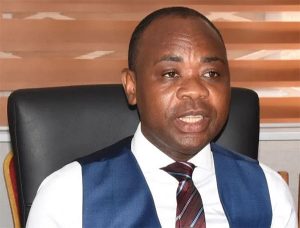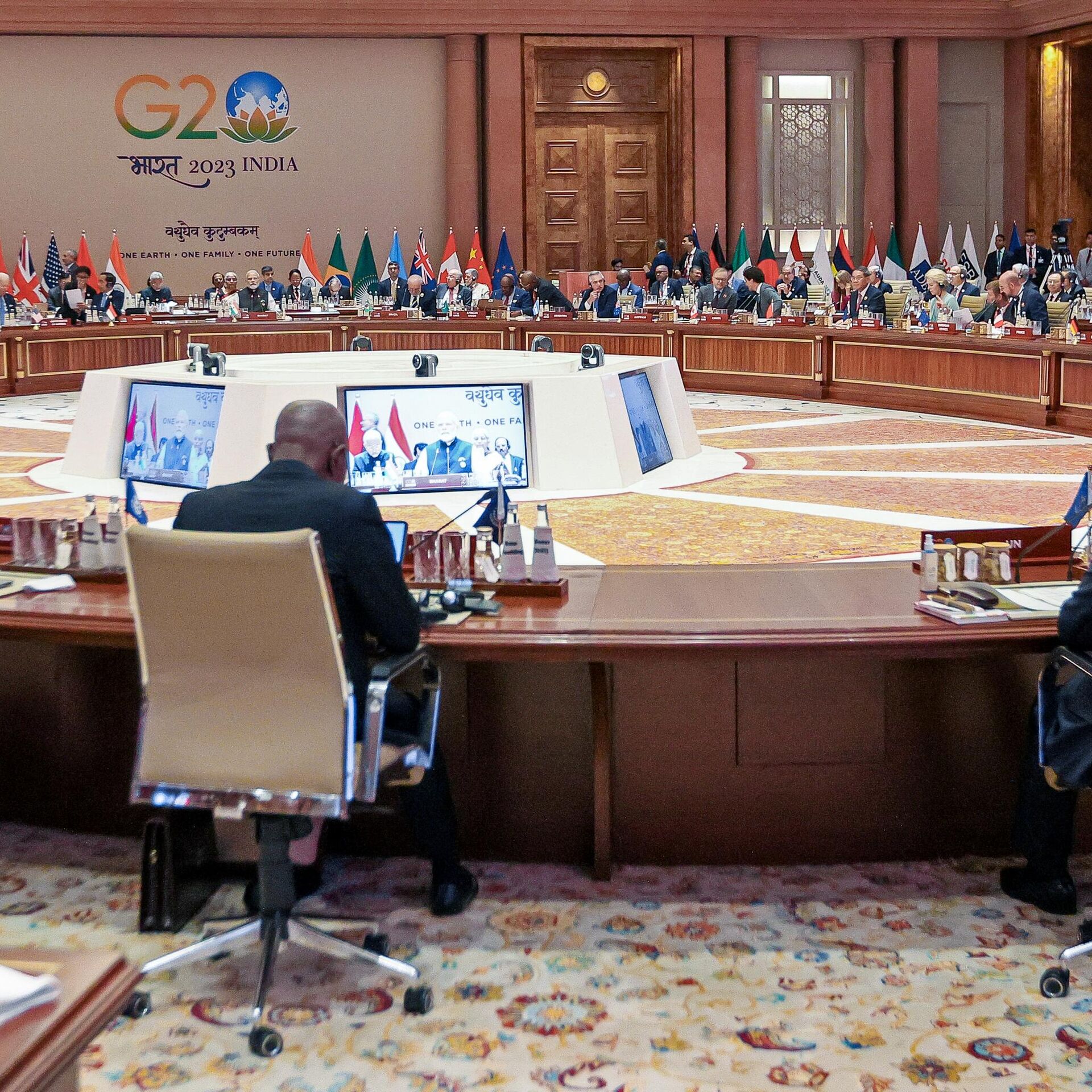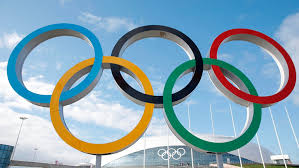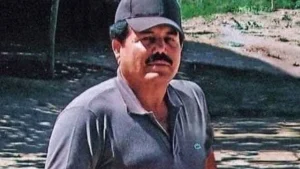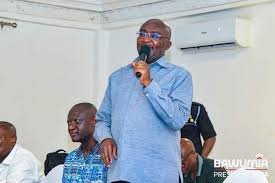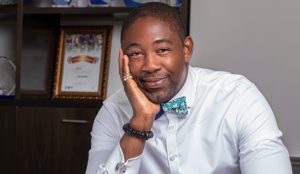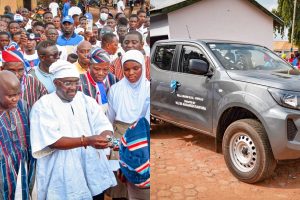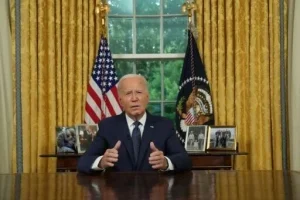The African Union officially took its seat at the table of the world’s richest and most powerful countries, commonly known as the G20, on Saturday with the approval of all and at the request of the summit’s host, Indian Prime Minister Narendra Modi.
The expansion of the block is a notable diplomatic victory for Modi, who faces national elections next year and has used hosting rights for this year’s forum to burnish his image as an international statesman.
This invitation comes at a time when India, a BRICS member, has been very vocal about its core engagement of multi-alignment, maintaining strategic autonomy, and not being boxed in any camp or alliance while building a multipolar world.
Comprised of 19 nations and the EU, Africa had only been marginally represented within the G20 through South Africa’s seat and the AU’s permanent guest ship. This admission is the first change since the group’s conception in 1999.
Before his opening speech, Modi greeted the African Union chair and Comoros President Azali Assoumani with a warm hug.
Assoumani then took his seat among world leaders at the invitation of India’s foreign affairs minister S. Jaishankar.
Officially launched in 2002, the AU is a grouping of 55 African nations representing about 1.4 billion people and around 10% of the world’s economy.
According to American and European sources, an agreement in principle is also due to be signed at the G20 between the United States, Saudi Arabia – represented by Crown Prince Mohammed Ben Slimane – the United Arab Emirates, the EU and other G20 partners for a major sea and rail transport project crossing the Middle East to link India to Europe.
This project is likely to be a response to China’s New Silk Roads, whose President Xi Jinping was absent from New Delhi, as was his Russian counterpart Vladimir Putin.
The G20 countries are likely to find it even harder to reach a consensus on geopolitical issues, notably the attitude to adopt towards Russia, or the climate. These are issues with far-reaching consequences for developing countries, which are on the front line when it comes to extreme weather events linked to climate change, as well as food insecurity fuelled by the war in Ukraine, which is depressing grain prices.
For his part, Brazil’s Luiz Inácio Lula da Silva reminded the G20 of the “unprecedented climate emergency” facing the world as a result of a “lack of commitment to the environment”, citing the floods in his country as an example.
Earlier this week in Nairobi, participants at Africa’s first climate summit also called on the international community to help them realize the continent’s potential in the fight against global warming through investment and reform of the international financial system.
